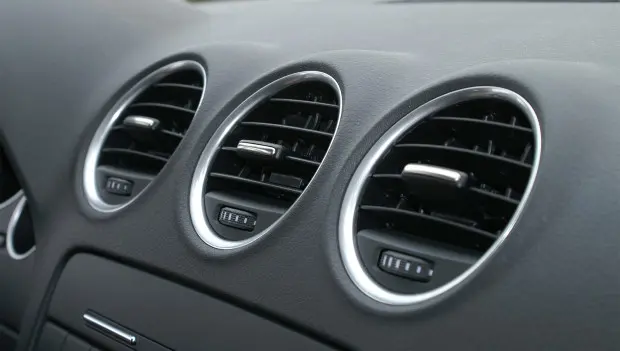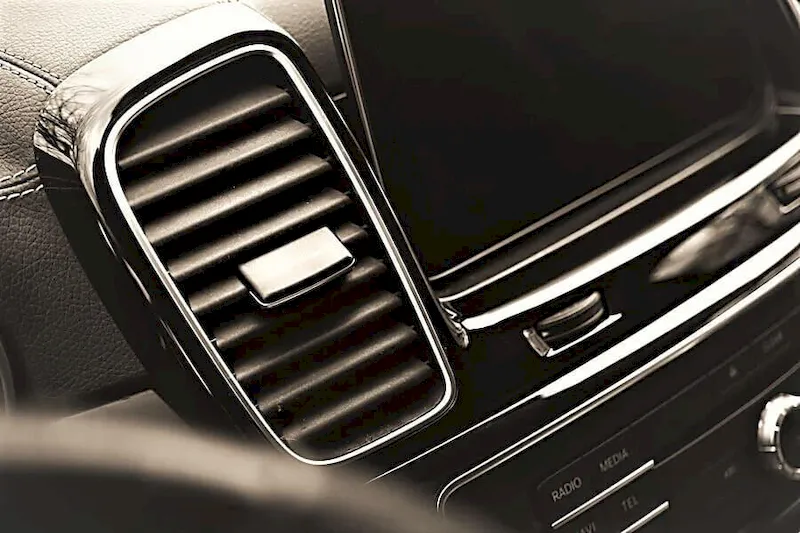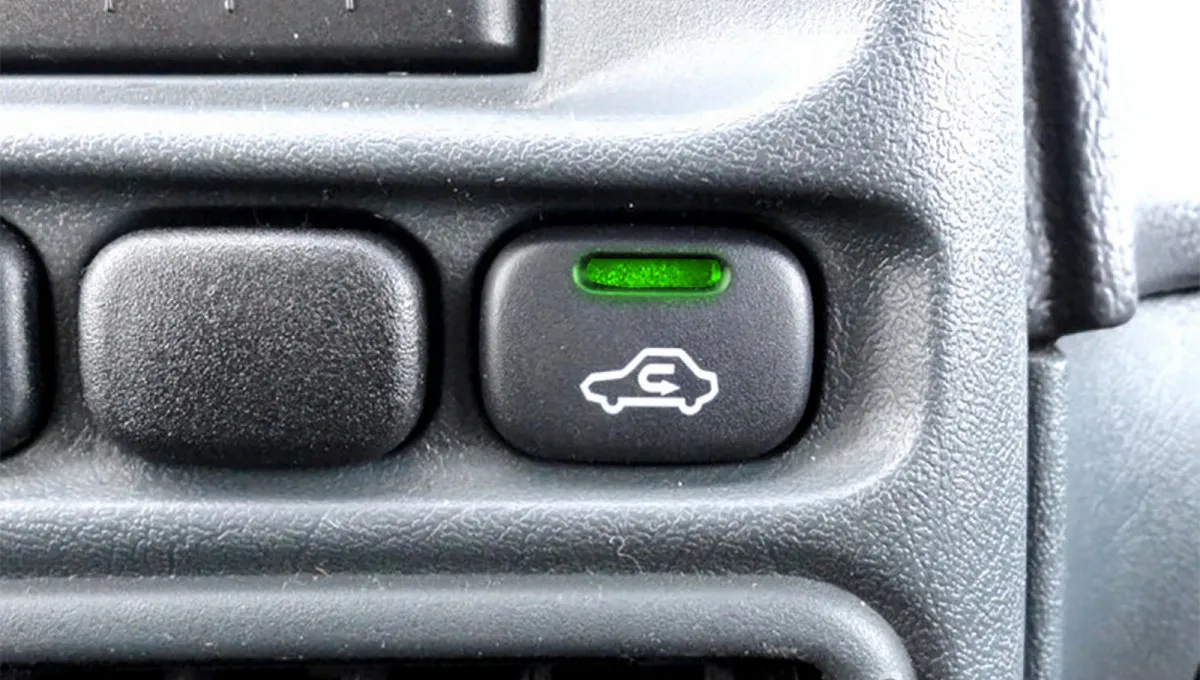Mechanic Explains How to Service Your Car’s AC to Permanently Eliminate Odors
Neglecting timely maintenance of these systems can lead to a terrible smell inside your car.

The air circulation system in modern cars has changed significantly compared to older models. Yet, for some reason, many drivers forget about timely maintenance. Heating and air conditioning, in particular, play a major role in the cabin environment. In other words, neglecting maintenance of these systems can result in an unpleasant odor inside the car.
If you notice such a smell, it’s time to revisit the basics of servicing your car’s air conditioning system. Naturally, the first thing that comes to mind is the cabin air filter. Typically, it’s replaced every 12–18,000 miles. However, over the years, drivers often forget this. In reality, depending on climate conditions and road dust, it’s recommended to change the cabin filter more frequently—at least every 6,000 miles.
Some might think that’s the end of AC maintenance—but it’s not. One crucial step often overlooked is topping up the refrigerant. This substance is essential for the AC to function properly. Keep in mind that the air conditioner is a vital component in any modern car, and going without it can be uncomfortable. How often you need to recharge the refrigerant depends on how frequently you use the car.
For example, if you drive 3,000–6,000 miles per year, you should replenish the refrigerant every 2–3 years. For more frequent use, this interval shortens to roughly once every 12–18 months. That’s still not all—your car’s air intake system can become clogged over time. It can even develop microorganisms, mold, and bacteria. To prevent this, the system should be cleaned with compressed air.

Special attention should also be given to the heater core, located in the engine compartment. It needs occasional maintenance as well—blowing it out with compressed air and rinsing if necessary. Performing all these steps will help prevent musty odors inside the car.
Finally, it’s important to use your air conditioner regularly, both in summer and winter. Running the AC helps maintain its functionality and reduces excess moisture, keeping the cabin air dry and preventing foggy windows. This is especially important during the transitional seasons with heavy rain or snow.
Also, don’t skimp on the cabin air filter. Investing in a high-quality filter ensures it won’t clog quickly and prevents road dust from entering the cabin.
You may also be interested in the news:

There Are Better Options: Experts Name 6 SUVs to Avoid
Specialists criticized these new SUVs for several notable flaws.

Don’t Press This Button in the Rain — Here’s What Happens
Many drivers aren’t entirely sure what this button in their car actually does.

How to Keep Leather Car Seats From Cracking: The Costly Mistakes I Learned the Hard Way
Among car owners who obsess over keeping their interiors spotless, one very common mistake can quietly ruin leather seats.

Are EVs Really More Reliable? Owners Are Complaining Less About Their Electric Cars
Analysts take a closer look at how satisfied electric vehicle owners are — and which models rank highest.

Drivers’ Horoscope for the Week of February 24–March 1: All Zodiac Signs
This week unfolds under the influence of retrograde Mars, which lasts through March 25.